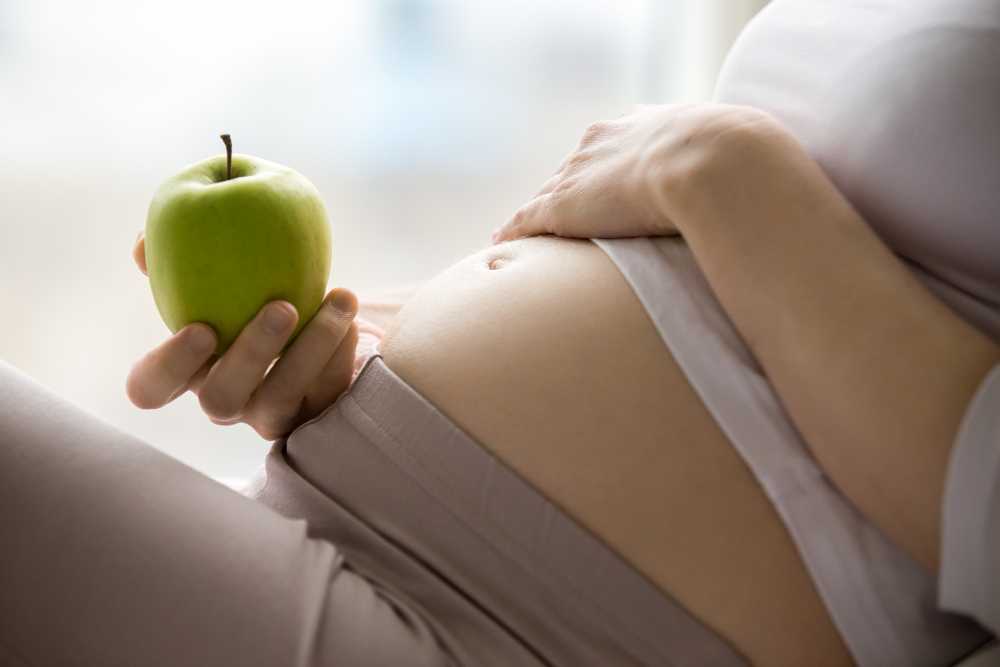You don’t have to wait until you’re expecting a child to start eating healthily. In reality, eating a nutritious diet prior to you conceive can help you increase your fertility, lower your risk of congenital disabilities like spina bifida, and even prevent preeclampsia during pregnancy.
Eating certain foods and avoiding others can also assist improve your ovulatory function, unlike other aspects that you can’t control, such as age and genetics. According to experts, eating as though you’re already pregnant can assist your body to prepare for conception.
Here are 7 things to eat if you are trying to conceive
-
Dairy
When you’re trying to conceive, it’s a good idea to eat a lot of dairies, such as milk, yogurt, and cheese. Including dairy in your preconception diet is beneficial to your bones and your reproductive health. So, drink your milk, eat your yogurt, drink your smoothie, and munch on your cheese. Most of the time, keeping to low-fat or fat-free dairy products makes more sense, especially if you’re attempting to reduce your bottom line. However, preliminary evidence suggests that indulging in a serving of full-fat dairy every day may help women who are having trouble ovulating. Before you go too far, keep in mind that overeating full-fat can undermine the goal if you gain weight.
-
Lean meat
Meat is a protein source that is high in iron, which is a key mineral for boosting fertility. According to studies, women who increased their iron consumption during the preconception period had a higher fertility rate than iron-deficient women. There are a handful of caveats: Avoid high-fat cuts of meat, and limit your animal protein intake to no more than three portions. That’s because too much protein, incredibly lean protein, has been shown to reduce fertility. Consider substituting a serving of plant protein for one serving of animal protein, such as beans, tofu, or quinoa. Whether you’re a vegan, make sure your prenatal vitamin has iron, and ask your doctor if you need any additional supplements.
-
Salmon
Salmon is an excellent item to eat if you want to boost your fertility because it’s high in omega-3 fatty acids and DHA, essential for a baby’s eye and brain development. It is also mercury-free and anti-inflammatory.
-
Dark leafy vegetables
Strive for four to five veggie servings per day. Spinach and other leafy greens are excellent choices: Calcium, folate, vitamin C, and potassium are all abundant in spinach. Of course, we should always consume dark green veggies on a daily basis, but they’re especially crucial when attempting to conceive. Prenatal minerals like iron, calcium, and folate are found in spinach, kale, and Swiss chard, which help prevent birth abnormalities.
-
Cod liver oil
Cod liver oil is technically a fish oil; however, it’s not the same as conventional fish oil. Both fish oil and cod liver oil are high in omega-3 fatty acids; although, cod liver oil contains fat-soluble vitamins A and D, which are beneficial for fertility and pregnancy. If you have a vitamin D deficit, you should take cod liver oil instead of fish oil. Take cod liver oil in the form of a capsule or a liquid on a regular basis, making sure to get 2,000 IUs of vitamin D.
-
Asparagus
Folic acid is essential for women attempting to conceive, and asparagus is high in it: One cup of asparagus provides more than half of your everyday folic acid need, as well as all of your vitamin K requirements. In addition, glutathione, an antioxidant found in asparagus, helps to increase the quality of eggs. So, load up on asparagus—and if feasible, go for fresh or frozen rather than canned, as canned asparagus is high in salt.
-
Oysters
You’ve probably heard that oysters can warm things up in between sheets; however, did you also know they can also help you conceive? The oyster, dubbed “Nature’s Viagra,” is the food chain’s most abundant source of zinc, a mineral essential for conception. Zinc deficiency can alter the menstrual cycle and slow egg development, both of which are detrimental to fertility. Don’t you like oysters in any form? Sucking on those bivalves isn’t the only method to get your zinc fix. Other fertility-friendly foods containing zinc in smaller amounts include meat, poultry, dairy, nuts, eggs, complete grains, and legumes.
![]()









